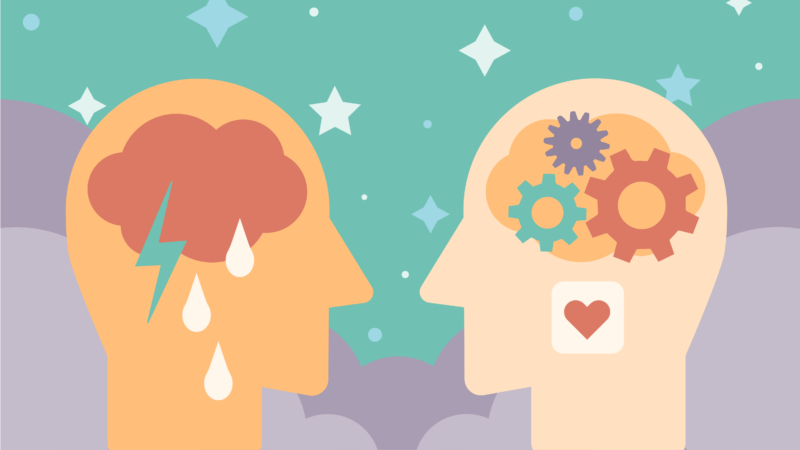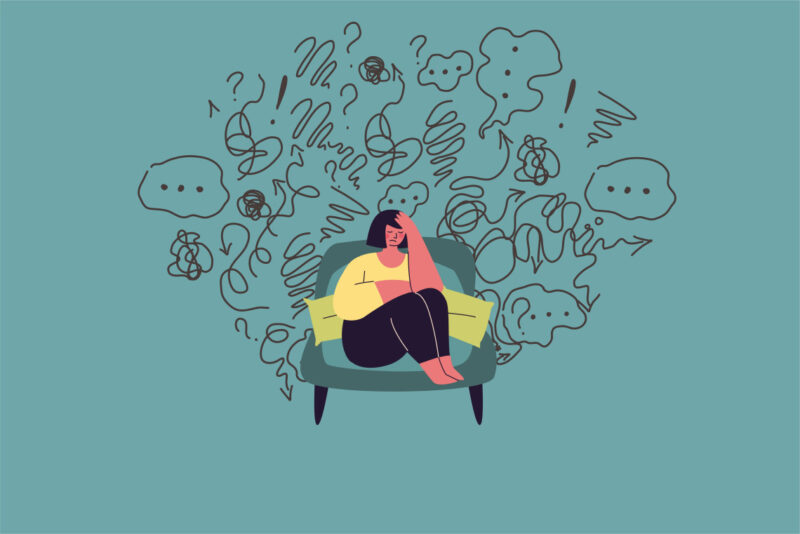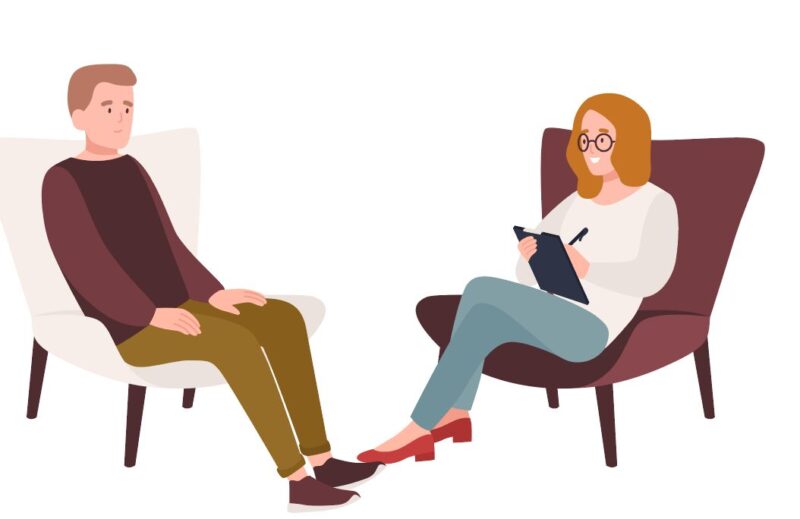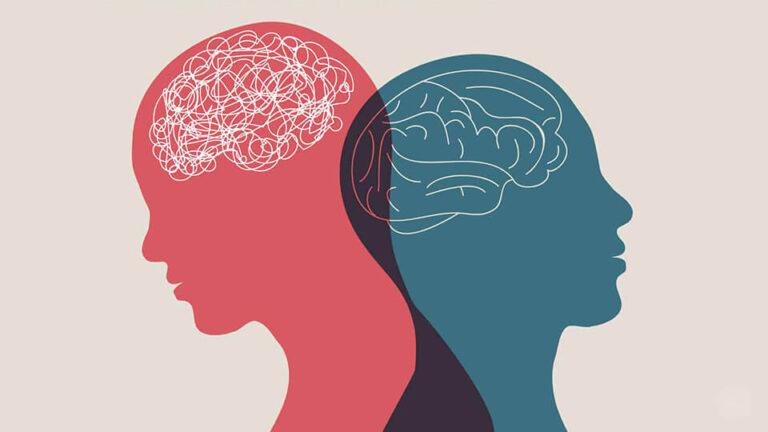When it comes to talking about our mental health, there are a lot of terms and phrases that get thrown around. And with good reason – mental health is a complex and multi-layered topic. But one phrase you might hear a lot is “behavioral health.” So, what’s the difference? In this post, we’ll explore the two concepts and how they differ. We’ll also touch on some of the ways they can impact our lives and well-being.
What is Behavioral Health?

This is a relatively new term that encompasses both mental health and substance abuse. It is used to describe the interaction between our thoughts, emotions, and behaviors, and how they affect our overall physical and mental wellbeing. It’s a broad field that includes mental health, but it also encompasses other areas such as addiction, eating disorders, and impulse control disorders. These are all areas where our thoughts, emotions, and behaviors can get out of balance and cause problems in our lives.
What is substance abuse?
Substance abuse is the use of drugs or alcohol in a way that is harmful to yourself or others. It can include using illegal drugs, abusing prescription drugs, or drinking too much alcohol. Substance abuse can lead to addiction, which is a chronic, relapsing disease that causes compulsive drug-seeking behavior and use despite harmful consequences.
What is Mental Health?

This refers to a person’s emotional, psychological, and social well-being. It is how we think, feel, and behave. It also includes our ability to cope with stress, make choices, and relate to others.
It is important at every stage of life, from childhood and adolescence through adulthood. Over the course of our lifetime, if we experience mental health problems, they can have a big impact on our lives.
Mental illness can be caused by a variety of factors, including genetic predisposition, physical or sexual abuse, exposure to traumatic events, or chronic stress. Mental illness can manifest in a variety of ways, including anxiety disorders, depression, bipolar disorder, eating disorders, substance abuse disorders, and personality disorders.
The Difference Between Behavioral and Mental Health
There’s a lot of confusion surrounding the terms “behavioral health” and “mental health.”
Both are important for leading a happy and healthy life. So what’s the difference between these two?
There are a few key differences between behavioral and mental health. Let’s put it this way:
First, behavioral health is focused on our overall patterns of behavior, while mental health is focused on our psychological well being. Second, mental health conditions can range from mild to severe, while behavioral health issues are typically less serious.
Finally, mental health professionals are typically more specialized than behavioral health professionals.
How to Get Help for Behavioral or Mental Health Issues?

If you are struggling with behavioral or mental health issues, there are many resources available to help you. You can start by talking to your primary care doctor, who can provide referrals to specialized mental health providers. There are also many online resources that can help you find the right provider for your needs. Mental health online services are a great way for help because they can provide anonymous and confidential counseling and support.
If you are in crisis, there are also many hotlines available that can provide support and resources. The National Suicide Prevention Lifeline is a 24/7 hotline that provides free and confidential support for people in distress.
Mental Health Services That Can Help
These services can help individuals with mental illness in a number of ways. These services can provide support and assistance with everyday activities, help manage symptoms, and provide treatment. They can also help connect individuals to resources and support groups.
Treating mental illness and behavioral health problems often requires different approaches. Mental illnesses are usually treated with medication and/or therapy. Behavioral problems are often best treated with behavior modification techniques such as positive reinforcement or token economies.
Some mental health services that can help include:
Counseling
Counseling can provide support and guidance to individuals with mental illness. It can help them learn how to cope with their symptoms and manage their condition. Counseling can also teach people healthy coping mechanisms for dealing with stressors in their life.
Psychotherapy

Psychotherapy is a type of counseling that focuses on helping people understand the root causes of their mental illness. It can also help them develop healthy coping mechanisms for dealing with their condition.
Medication management
Medication management services can help individuals with mental illness take their medication as prescribed. These services can also help monitor side effects and ensure that medications are working effectively.
Case management
Case management services provide coordination and support for individuals with complex mental health needs. These services can connect people to resources and support services, as well as coordinate care between different providers.
What are the Symptoms of Mental or Behavioral Illness?

There is not one answer to this question as the symptoms of mental or behavioral illness can vary greatly depending on the individual and the specific condition. However, some common signs and symptoms that may be present in someone with a mental or behavioral illness include:
- Feeling sad, anxious, or empty most of the time
- Feeling hopeless or helpless
- Having low self-esteem
- Feeling excessively guilty
- Losing interest in activities that were once enjoyed
- Sleeping too much or not being able to sleep
- Experiencing changes in appetite or eating habits
- Feeling tired all the time
- Having difficulty concentrating or making decisions
So, if you or someone you love experience any of these symptoms, it is important to seek professional help.
Conclusion
It’s important to understand the difference between behavioral and mental health, as they are two very different things. Behavioral health refers to our overall patterns of behavior, while mental health is our psychological well-being. Both are important for our overall health and happiness, but it’s crucial to know the difference so that we can better care for ourselves and others.

